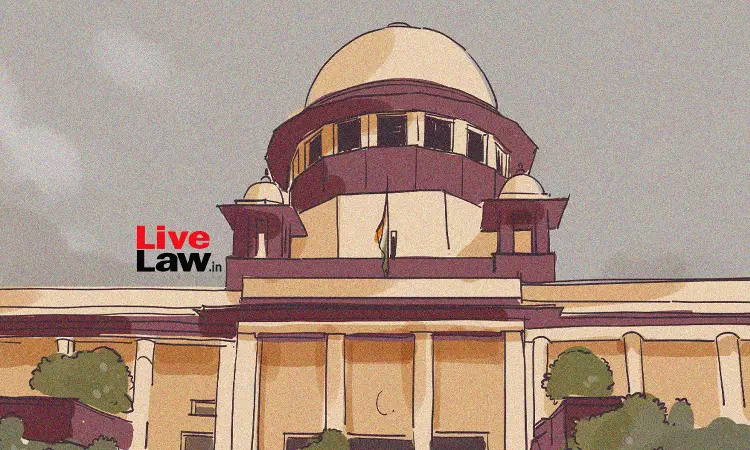Statistical Analysis Of Reportable Supreme Court Judgments In January 2023
Vidhi Thaker and Prastut Dalvi
11 Feb 2023 8:20 PM IST

Next Story
11 Feb 2023 8:20 PM IST
In January, 2023, the Supreme Court delivered 84 Reportable Judgments in various fields of law. Over the span of 21 working days in this month, the Supreme Court passed 12,367 Orders, which is an average of ~588 Orders per working day. This month also witnessed 3 Judgments pronounced by Constitution Benches. The first pertaining to the validity of demonetization [4:1]; the second relating to...
